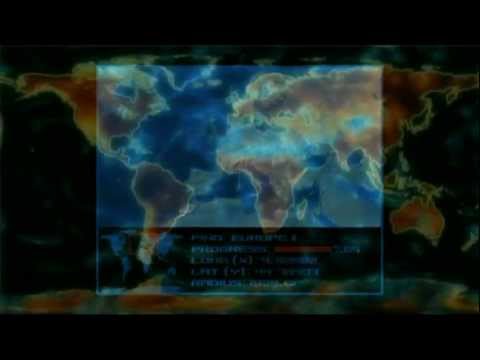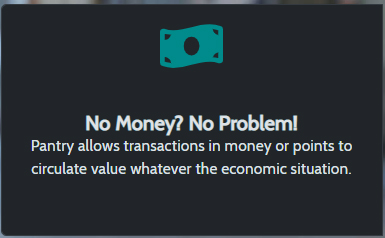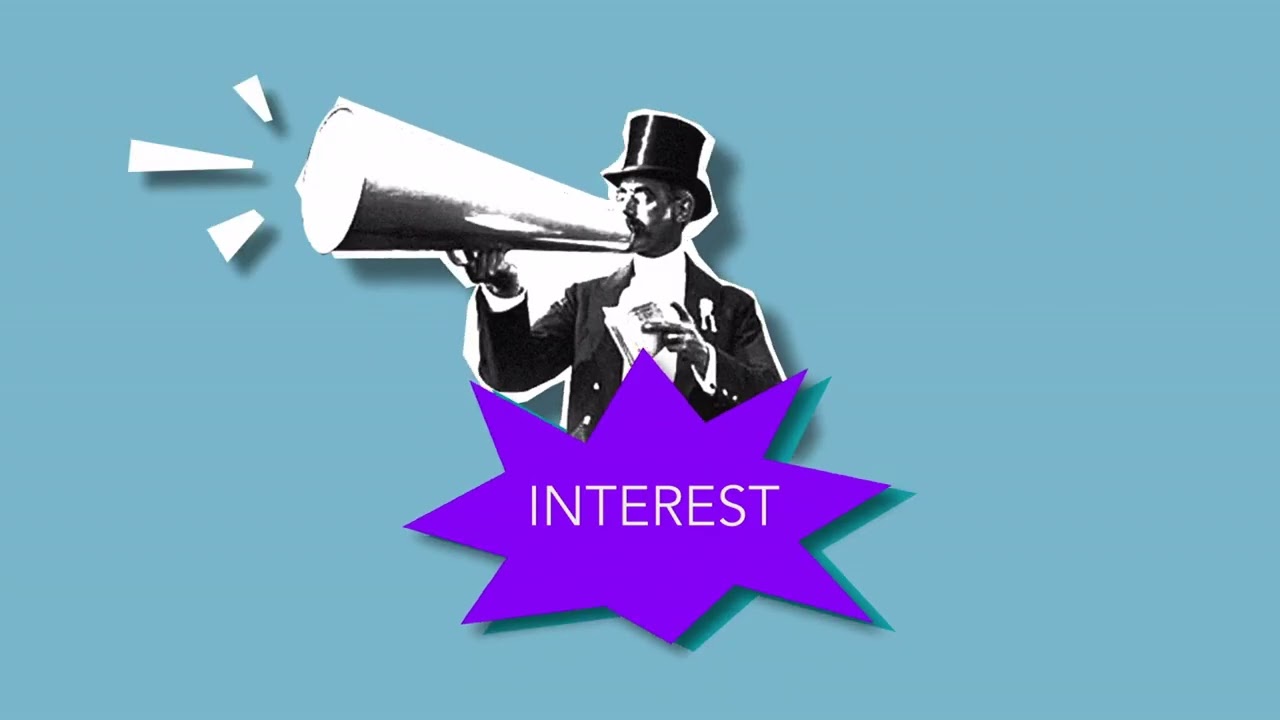The points system doesnt actually care about physical resources.
Instead, it focuses on the changing perceptions of individual human minds on the value or utility of those resources. It is not a slave of matter or physicality.
This is because it believes that mentality creates reality as explained by David Hume and Socrates (Plato) and metaphysicians. Hum’s empiricism is based or controlled by the feeling of the self (ego).
If you understand the flow of feelings (Tao or Dharma) then you can predict the change of reality.
This is how my model correctly predicted the current stagflation and why we have an anti-inflation prototype in time for the current inflation: superphysics org/social/supersociology/precrisis-years
I have used it to predict outcomes of football games and presidential elections.
The laboratory is reality itself. The crisis happening as predicted is proof that reality works or is created in a specific way.
This is opposite of the money system and the resource based economy which are totally dependent on physicality and are slaves to matter. This is the thinking of Aristotle and scientists.
To metaphyscians, whatever is behind a wall is a cloud of probability that collapses into matter at the instant you look at it or hear it or touch it.
In an economy, this happens whenever someone asks you: How much for your product or service?
Its value-cloud actually collapses into a material price the moment your feelings assign it an obective number.
The points system focuses on that collapse-trend relative to other collapse-trends. I explain here: superphysics org/social/supersociology/principles/collective-wave-of-desire
This is similar to General Relativity ignoring the properties of the Earth and Sun individually, and instead focusing on the relative spacetime in between them to predict where they will end up
The idea is to automate the whole thing so the system can continue even if no one does the long research that I did on the history and nature of human thought both in Asia and the West (usually people just study Western thought even if Asia already discovered how reality works much earlier)


